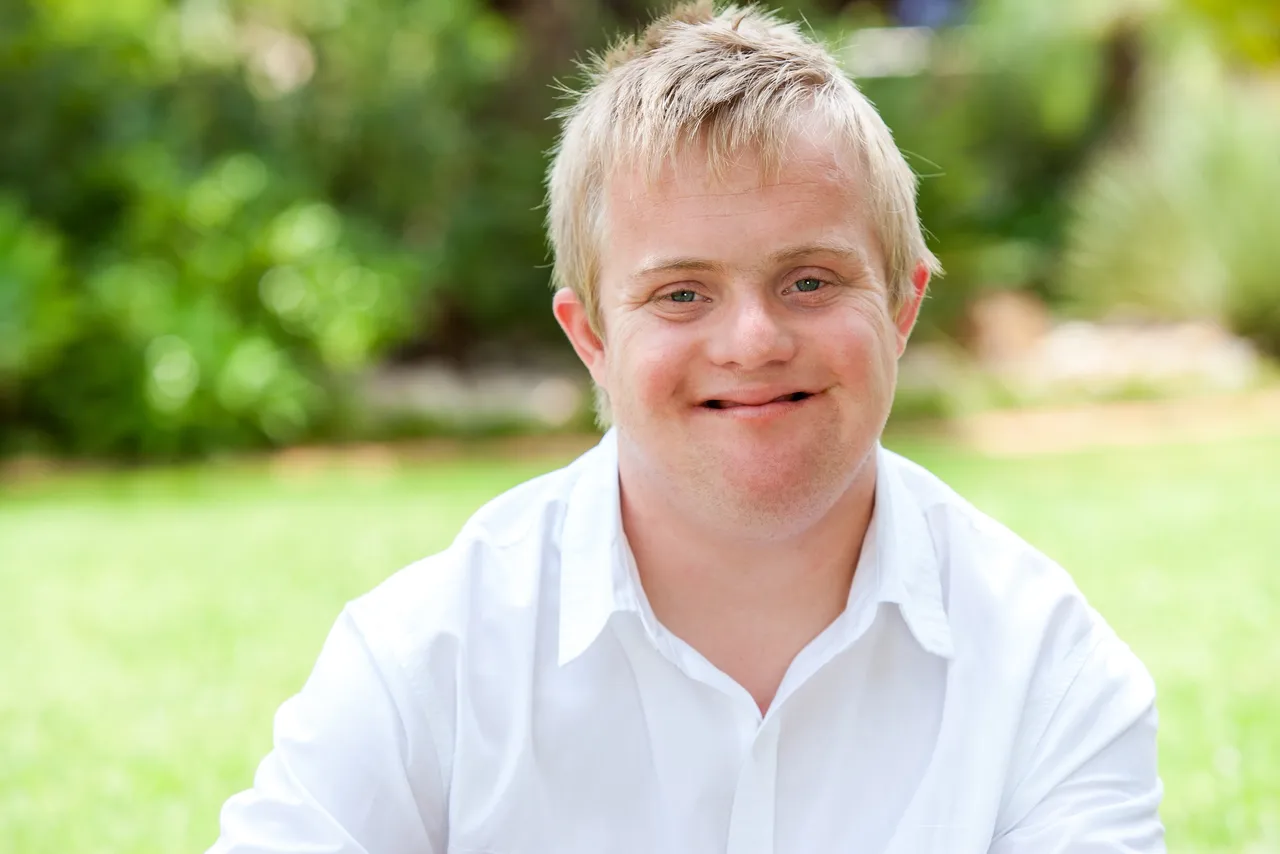COMING SOON!
Instructors:
Raquel Emdur, PsyD & Patricia Gonzalez, LPC, MT-BC
About the Session
This introductory level session presents psychologists and allied behavioral health professionals with an overview of the ways mindfulness-based interventions (MBI) benefits individuals with Intellectual and Developmental Disabilities (I/DD). Studies show that MBI has been effective in 1) helping individuals with I/DD manage tensions in the homes of families with high stress, 2) improve health outcomes, 3) improve attentional self-regulation, and 4) reduce aggressive behaviors. With a focus to further develop participants’person-centered approaches for individuals with specialized needs, this program offers the following:
Discusses the application of MBI within the context of the family. Explains how psychoeducation on interpersonal neurobiology promotes families’ abilities to develop structured home environments for individuals with I/DD. Lists ways to design MBI that adapt to the specialized needs of individuals.
Learning Objectives
- Summarize how mindfulness-based interventions (MBI) offered within the context of the family system benefits individuals with Intellectual and Developmental Disabilities (I/DD).
- Identify the ways psychoeducation about interpersonal neurobiology (IPNB) promotes the practice of mindful parenting and can nurture an increase in structure within individuals’ home environments.
- Design mindfulness-based interventions that adapt to the specialized needs of individuals with I/DD.

